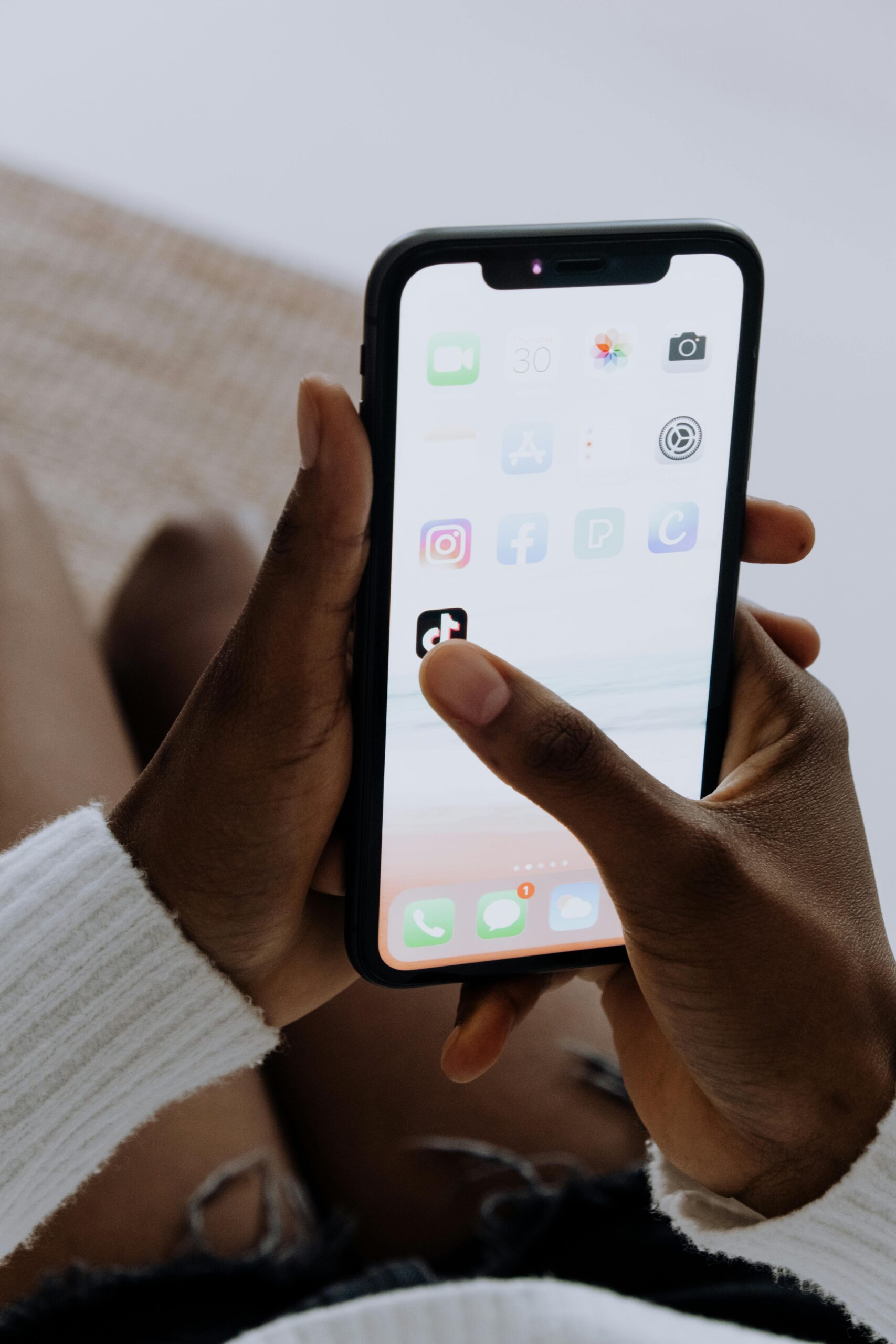How to Handle a Partner Who Is Addicted to Social Media
We live in a digital age where social media is a major part of our daily lives. From staying updated with news to connecting with friends, it’s hard to imagine life without it. But what happens when your partner seems more invested in their phone screen than in your relationship? If you’ve noticed that your partner might be addicted to social media, it can be frustrating, and it’s easy to feel neglected. However, with some understanding and good communication, you can find a balance.

Step 1: Recognize the Signs of Social Media Addiction
First, let’s get clear on what social media addiction looks like. If your partner constantly checks their phone during conversations, meals, or even intimate moments, it might be a sign. Other indicators include:
- Spending hours scrolling through platforms like Instagram, TikTok, or Twitter.
- Becoming defensive or irritable when asked to put their phone down.
- Prioritizing online interactions over real-life experiences, including your relationship.
- Being more concerned about online validation (likes, comments, etc.) than their interactions with you.
If these behaviors sound familiar, your partner might be dealing with an unhealthy attachment to social media.
Step 2: Understand the Root Cause
Before addressing the issue, it’s important to understand why your partner is so hooked. Social media addiction often stems from deeper needs like validation, boredom, or even loneliness. Here’s where you can show empathy. Start by asking yourself, “Is my partner using social media to escape something?” Maybe they feel stressed, anxious, or insecure, and social media offers a quick dopamine fix.
You could say something like, “I’ve noticed you spend a lot of time on your phone. Is everything okay? Is there something bothering you that you don’t feel comfortable talking about?”
Step 3: Open Up a Calm Conversation
Approaching your partner about their social media use should be done with care. Avoid attacking or accusing language. Instead of saying, “You’re always on your phone!” try something more neutral, like, “I feel a bit disconnected when we spend time together and you’re often on your phone.” This way, you’re expressing how their behavior makes you feel without making them feel cornered.
Invite them to share their perspective as well. They might not even realize how much time they’re spending online.
Step 4: Set Boundaries Together
Once you’ve had an open and honest conversation, it’s time to set some boundaries. This is where things get interactive—you need to involve your partner in finding solutions. Ask them what they think would work for both of you.
For example, suggest some “phone-free” time during meals or before bed. You could even create certain “no phone zones” in your house, like the dining room or the bedroom. Make it a team effort rather than a set of rules you impose on them.
You could say, “I love it when we’re able to have uninterrupted time together. Maybe we can both agree to put our phones away for a while in the evenings?”
Step 5: Encourage Offline Activities
One of the best ways to help your partner reduce their social media usage is to introduce or reintroduce fun offline activities. Plan dates that engage both of you without the distraction of technology. Whether it’s going for a hike, cooking together, or taking a weekend trip, these moments allow you to connect on a deeper level.
You can make it fun by saying something like, “Let’s challenge ourselves to a tech-free Saturday! I bet we’ll have so much fun without any screens.”
Step 6: Be Patient and Supportive
Breaking any habit takes time, and social media addiction is no different. Your partner might relapse into their scrolling habits, and that’s okay. Be patient with them. Recognize their efforts when they spend more time offline, and avoid shaming them when they slip up. Positive reinforcement goes a long way.
You could say, “I’ve noticed you’ve been more present lately, and I really appreciate it. It means a lot.”
Step 7: Lead by Example
If you’re scrolling through your phone as well, it might send mixed messages. Be mindful of your own social media usage and model the kind of behavior you hope to see in your partner. If you’re both more present in the moment, it becomes easier for them to follow suit.
You can even take this moment to check in with each other about your social media habits. Say something like, “I’m trying to be more conscious of how much time I spend on my phone too. Let’s hold each other accountable.”
Step 8: Seek Professional Help if Necessary
Sometimes, social media addiction can be linked to deeper issues such as anxiety, depression, or low self-esteem. If your partner’s addiction is severely impacting their mental health or your relationship, it might be time to suggest seeking professional help. Therapy or counseling can provide the tools to manage their digital dependence.
You could gently say, “I think it could be helpful if we spoke to someone who could guide us through this. What do you think?”
Final Thoughts
Handling a partner’s social media addiction isn’t easy, but with empathy, patience, and open communication, you can help them strike a healthier balance between online life and real life. The key is to approach the situation with love and support rather than criticism. By working together, you’ll strengthen your bond and foster a more connected, present relationship.
If you’re dealing with this issue right now, remember that you’re not alone—many couples face the same struggle. What matters is how you handle it together.
What strategies have you found helpful when dealing with social media addiction in your relationship? Let’s chat in the comments!


